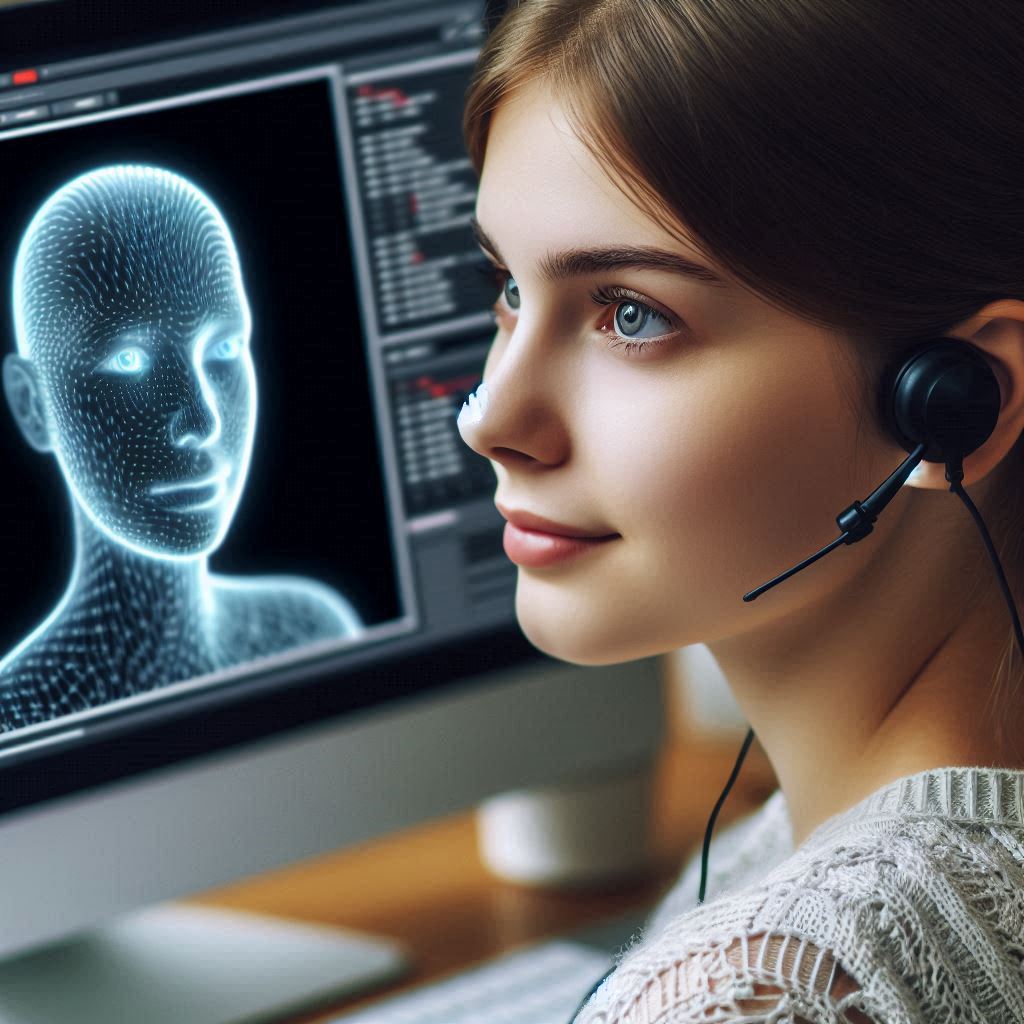
Congresswoman Jennifer Wexton made history on Thursday by delivering a speech on the House floor using an AI-cloned version of her own voice, a significant moment for the Virginia Democrat who had lost her ability to speak clearly due to a rare neurological disorder.
Wexton, diagnosed with progressive supranuclear palsy (PSP) in 2023, had her voice restored with the help of a powerful AI program that created a clone of her speaking voice from old recordings of her speeches and appearances. This innovation marked the first speech on the House floor ever delivered via an AI-cloned voice.
Reflecting on the emotional experience, Wexton told the Associated Press, “It was a special moment that I never imagined could happen. I cried happy tears when I first heard it.”
Wexton's speech was delivered during Disability Pride Month, which commemorates the Americans with Disabilities Act, and served as a testament to her resilience despite her debilitating condition. “I used to be one of those people who hated the sound of my voice,” she remarked. “But you truly don’t know what you’ve got till it’s gone, because hearing the new AI of my old voice for the first time was music to my ears. It was the most beautiful thing I had ever heard.”
Her new voice is generated through an AI program on her iPad, which she uses to type her thoughts, convert them into speech, and play them back. The process is lengthy, so Wexton prepared her responses in advance for the AP interview.
Diagnosed with PSP, an aggressive neurological disorder that impacts speech and movement, Wexton described the diagnosis as “cruel” given her professional reliance on her voice. The congresswoman initially announced a Parkinson’s diagnosis in April 2023 but later updated it to PSP, acknowledging the severe impact on her life and decision not to seek reelection in 2024.
The AI-powered voice clone was developed by ElevenLabs, a startup known for its AI-powered voice cloning models. The company reached out to Wexton after seeing her struggle with older text-to-speech technology, which sounded robotic. The new AI voice model was created using recordings of Wexton’s congressional speeches.
“Our technology gives individuals who have lost their voice the ability to speak as they once did, with the emotion and passion they feel, and we hoped to help the Congresswoman do just that,” said Dustin Blank, Head of Partnerships at ElevenLabs.
Wexton first used her cloned voice in a conversation with President Joe Biden during the signing of the National Plan to End Parkinson’s Act. She publicly debuted her AI voice in a video, receiving widespread support and drawing attention to the potential of AI technology in assistive applications.
Despite the positive applications of AI, Wexton acknowledged the risks associated with the technology, particularly in creating deepfake content for malicious purposes. She emphasized the need for better safeguards and regulations to prevent abuse.
“AI isn’t entirely evil, just mostly,” she jokingly texted friends. Wexton stressed the importance of lawmakers in shaping the ethical use of AI, citing her prior legislative efforts to address public awareness of deepfake videos.
The technology, though impressive, has limitations. It is primarily designed for public speaking and can sound overly formal in casual conversations, something her family has noted. Nonetheless, Wexton remains grateful for the ability to reclaim her voice.
“At the end of the day, it will never be me. But it is more me than I ever could have hoped I could hear again and for that, I am so grateful and excited,” she said.
Experts like Dr. Jori Fleisher of Rush CurePSP Center of Care highlight the life-changing potential of AI voice technology for PSP patients, who often face social isolation due to speech difficulties. Fleisher expressed admiration for Wexton's use of the technology, noting its empowering impact.
Wexton's journey underscores the transformative power of AI in enhancing the lives of individuals with disabilities, offering a beacon of hope and a reminder of the profound human impact of technological innovation.